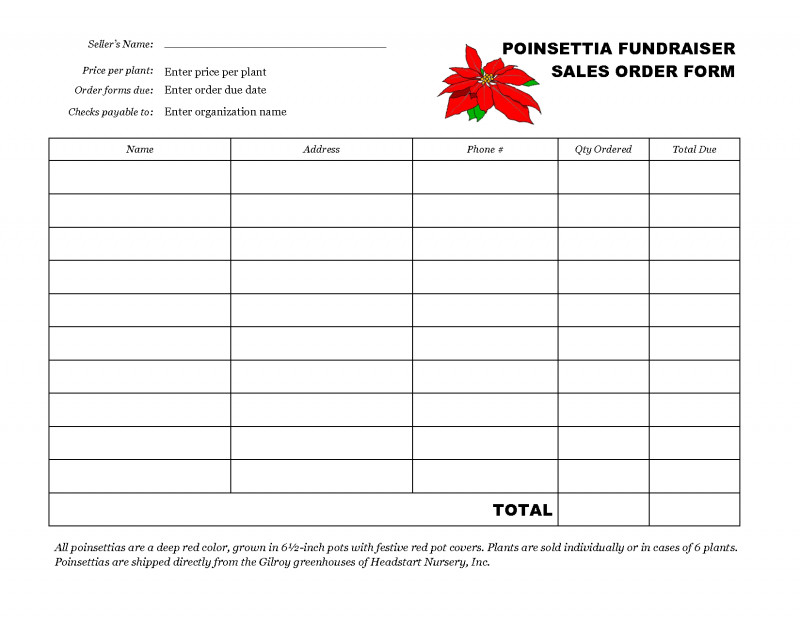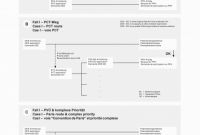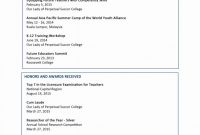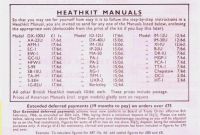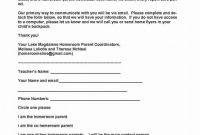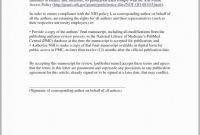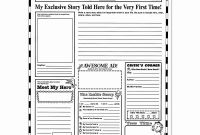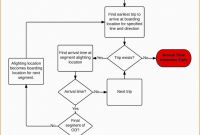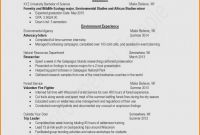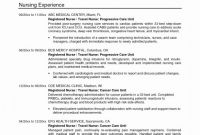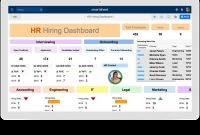We are going to run by a lot of parts in the same way as regards to Fundraising Report Template which you must allow for your guide. Absolutely it’s not hard to find it in this website, because we prepare some of them that we have given.They are made agreed flexible. In the sense that it can be adjusted or changed. We prepare various design ideas of Fundraising Report Template.They have a really buoyant look. Most recently along with others. You can get it in Microsoft Office Word format and fine-tune them well.However if you are not skilled to locate what you are searching for here after that we will suggest you to type supplementary keywords. I think the Fundraising Report Template which you are searching for is in reality great for you in the future.
Reports are always filled like important guidance but at the the same time, they’re naturally pretty boring. People tend to see them as abstemious and, as a result, they end paying attention lovely quickly regardless of how important the balance at the heart of the report happens to be.
Now, you can guarantee this won’t happen to you behind these definitely free, visually striking and gorgeously compelling description templates. Not abandoned are they unconditionally simple to use directly from your own Web browser, but as an other further you can afterward choose from our library of unquestionably free, visually fascinating heap images to in reality encourage push your results even farther.
It doesn’t a matter what type of recommendation you’re frustrating to broadcast, what type of manner you’re frustrating to create or what type of announce you want to leave people when all element you habit is friendly right in front of you.
Some benefits of using these Fundraising Report Template:
- Printable. It can be directly used by placing images on a worksheet (you can use Photoshop, Corel Draw, or other graphic design programs);
- Editable. This Fundraising Report Template can be opened and customized with Microsoft Office Word and PDF with any version;
- Easy to use by anyone;
- You can save the file for free.
